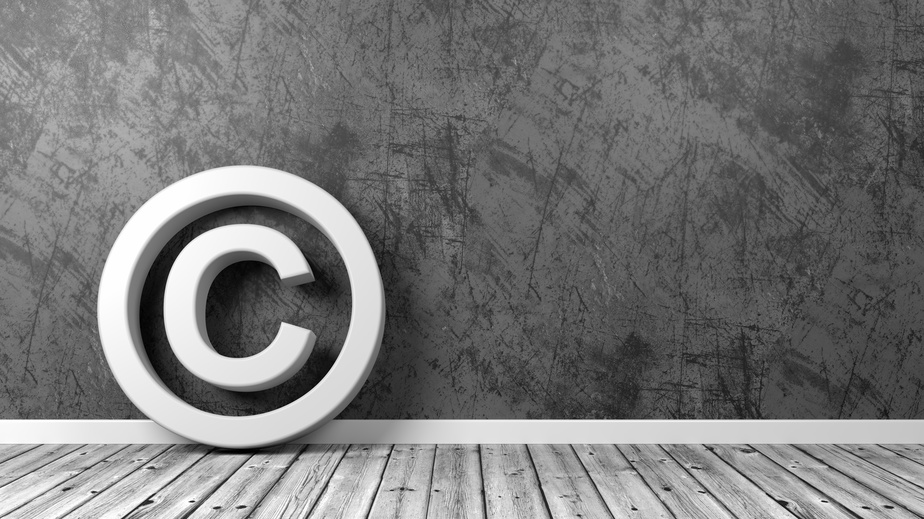
If you’re a creator of any kind — whether it’s art, music, inventions, and more — you know the importance of intellectual property law. Copyrights, trademarks, and patents all fall under this type of law and if you’re a creator, you need this kind of protection before you go public with your work. Otherwise, you might risk having someone else solely profit off your work, while you don’t see any revenue from what you’ve created. Intellectual property law helps protect you and your creations and ensures that you’re compensated for that work. To take advantage of intellectual property services, you’ll likely need to engage a trademark lawyer, patent attorney, or copyright attorney, depending on which one you’re seeking.
What’s the Difference Between a Trademark, Patent, and Copyright?
Trademarks
Think about a trademark as part of a company’s brand — it’s a design, symbol, or set of words or letters, that stand in for a company or product and differentiate it from others. Technically, you don’t need to register your trademark, but doing so gives you legal ownership, and can help your trademark attorney protect your brand, should you ever need to.
Trademarks can last forever and if you own one, you have the right to create and sell products with the trademark.
Patents
Patents are used when you have an original invention. A patent lasts for 20 years from the date of the patent application being filed. When something is patented, no one else can make the same product, sell or distribute the product without your permission. You will have to prove that your invention is brand new and describe it in great detail so that the government (and the public) know what it is and what your rights are.
Copyright
Copyright pertains to creative work and grants an owner a right to their work. Think the arts when you think of copyright — books (and other print), performances, music, film, and choreography. If something is copyrighted, no one can use that work for their own gain.
Formally registering your copyright adds an extra layer of protection, showing that you legally have copyright, and if your copyright is violated, you could claim statutory damages and attorney fees.
How Does Having Legal Advice Help Me?
You’ll likely want legal advice if you’re either registering for a copyright, patent, or trademark, or if you’re trying to defend your copyright, patent, or trademark if it’s been disputed or violated. You may be required to retain someone who practices intellectual property to law to oversee your application and registration — and even if you’re not, it’s helpful to have someone who knows the ins and outs of the process. They’ll make sure that all the boxes are checked and you have everything you need in sufficient detail for your application to be approved.
And if you’re being challenged or your intellectual property rights have been violated, you definitely want a lawyer on your side to gather evidence, substantiate your rights, and defend them. It’s usually something above a layperson’s head and having a lawyer can make the process swifter and more decisive.
How Do I Find a Lawyer Who Handles IP Law?
As with almost anything this sensitive, referrals are helpful. You might talk to fellow creators who have worked with an intellectual property lawyer and see if they can offer recommendations of who to go to. You should then do some research — what area of intellectual property law do they specialize in? Are they board certified or have an advanced degree?
You should also check out their disciplinary history and online reviews to see what others are saying about them. Don’t be afraid to do consultations — many will be free — and they’ll give you a sense of the lawyer and his or her firm in person. Ask about communication, fees, and experience.
You should reap the benefits of your invention or creation. Don’t let anyone else steal your thunder! With the help of intellectual property lawyers, you can ensure that your creative work is protected legally, so that you see those profits.
